Oprah Winfrey revealed her October book club pick exclusively on "CBS Mornings" on Tuesday, naming author Megha Majumdar's "A Guardian and a Thief" as her newest selection.
Get curious and dive into the novel with this reader's guide.
Reader's Guide Questions
- Majumdar suggests that "a guardian and a thief lives in each of us." How do you see this play out in Ma's and Boomba's stories? Do you think their actions are more about morality or survival?
- Kolkata is ravaged by famine, heat, and floods. In what ways does the city itself function as a character in the novel, shaping the choices of Ma, Dadu, and Boomba?
- Ma risks everything - her integrity, her dignity, even her safety - for the chance to leave for America. What does the novel suggest about the costs and limits of hope?
- Dadu and Mishti embody opposite ends of the age spectrum. How does each experience and interpret the crisis differently? What does their relationship reveal about resilience across generations?
- Both Ma and Boomba steal (Ma from the shelter, Boomba from Ma). Does the novel frame one theft as more forgivable than the other? How does it complicate our understanding of justice?
- Passports and visas become symbols of salvation and survival. What does the book suggest about the arbitrary power of documents in determining who lives securely and who doesn't?
- Both families are driven by love: Ma for her daughter, Boomba for his younger brother Robi. How does Majumdar portray the ways family responsibility can be both life-giving and crushing?
- From cauliflower to protein paste, food is central to this novel. What roles does food play beyond sustenance? How does hunger shape morality and imagination?
- Even moments of kindness - sharing water, feeding a stranger - are tinged with desperation. Where did you see the strongest moments of compassion in the novel, and what risks did they carry?
- The narrative recalls earlier famines in Bengal (1770, 1876, 1943). Why do you think Majumdar chose to explicitly reference these historical crises? How does this deepen your reading of the present catastrophe?
- How does the spectacle of the wedding feast on the floating hexagon island expose the extremes of inequality? Did you see echoes of contemporary real-world disparities?
- The novel concludes with flights canceled and the dream of America deferred. How did the ending affect you emotionally? Did you find it despairing, realistic, or strangely hopeful?

.jpeg)



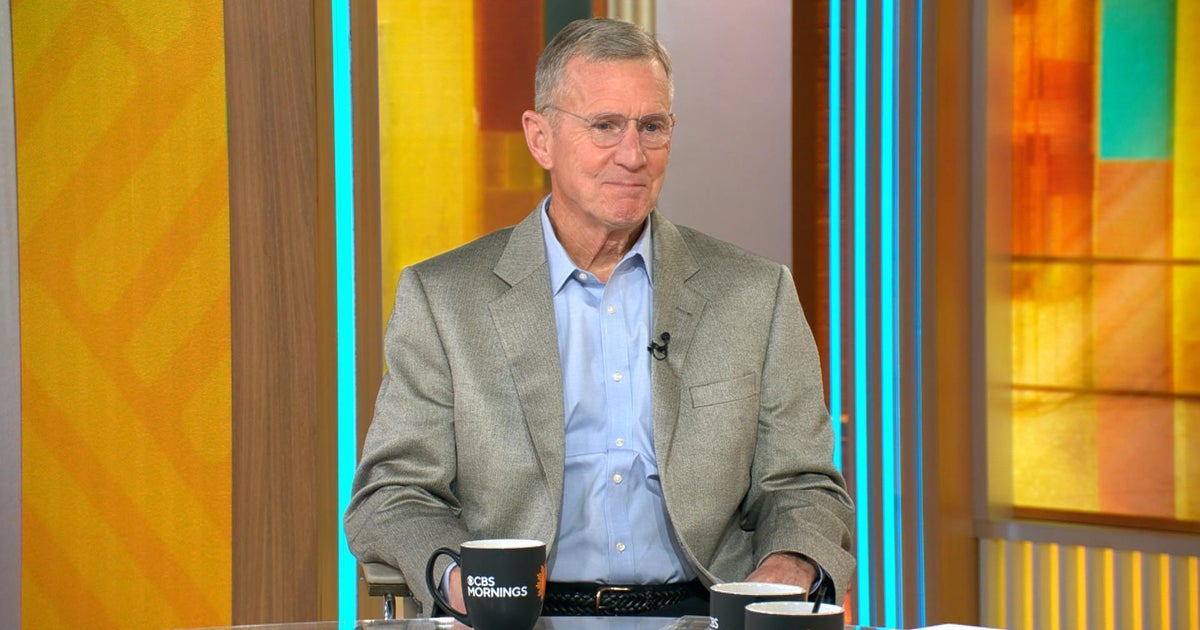
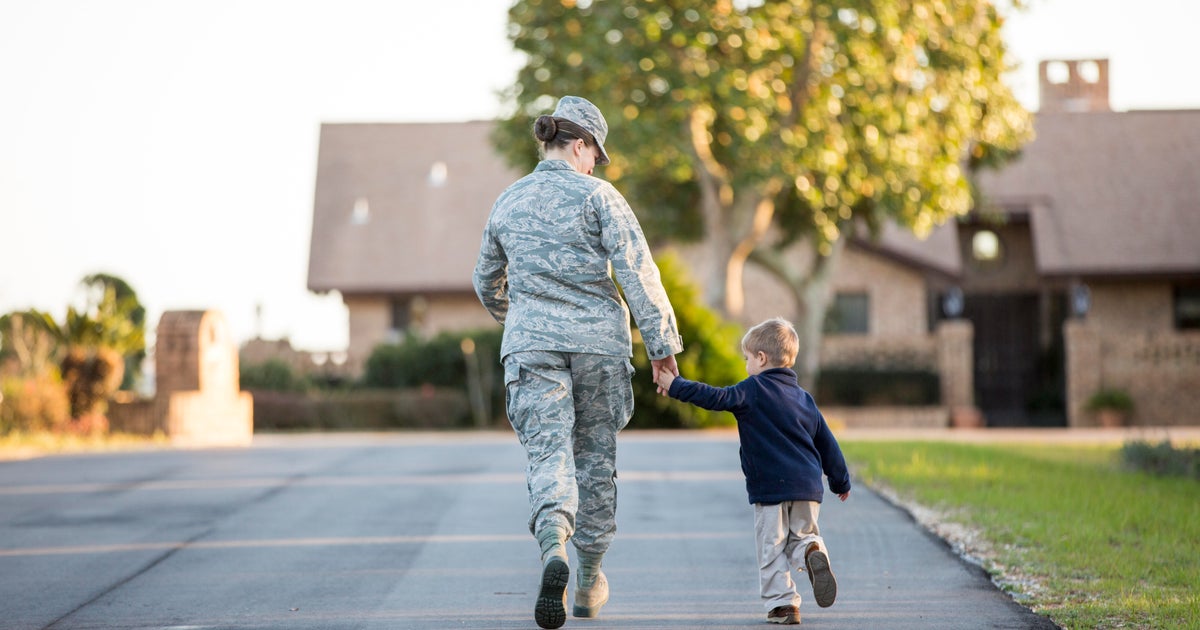
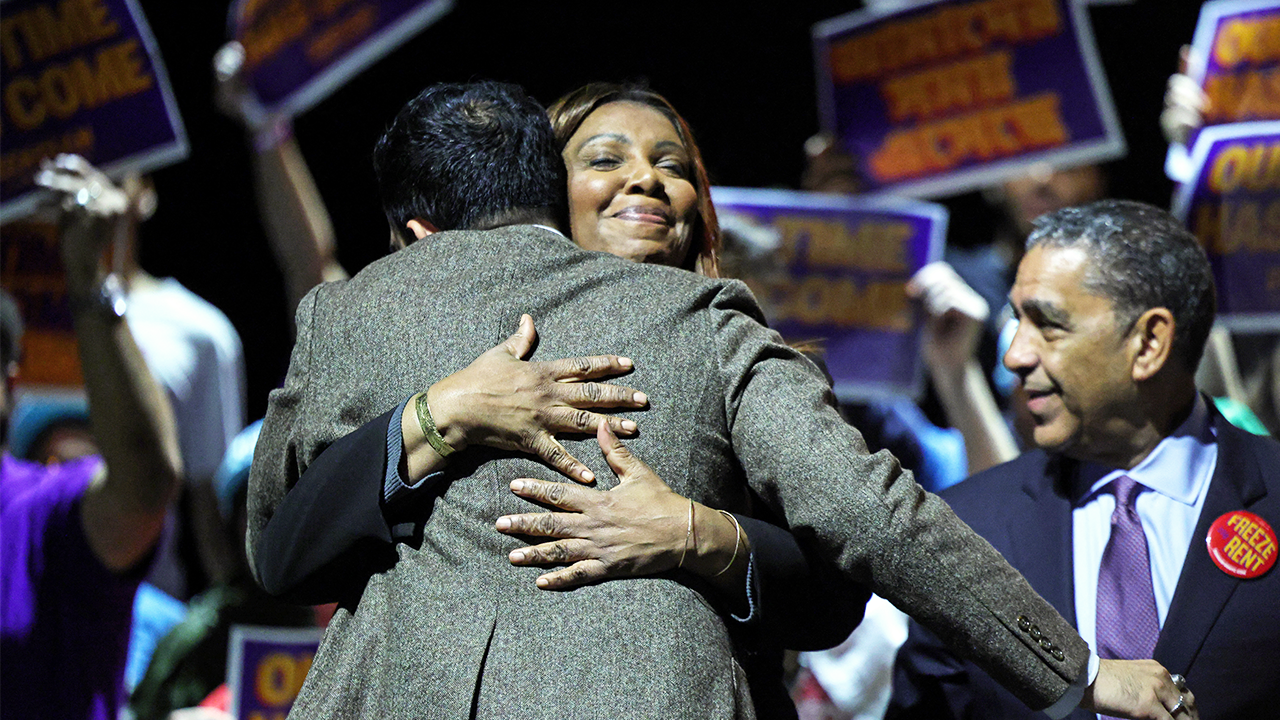

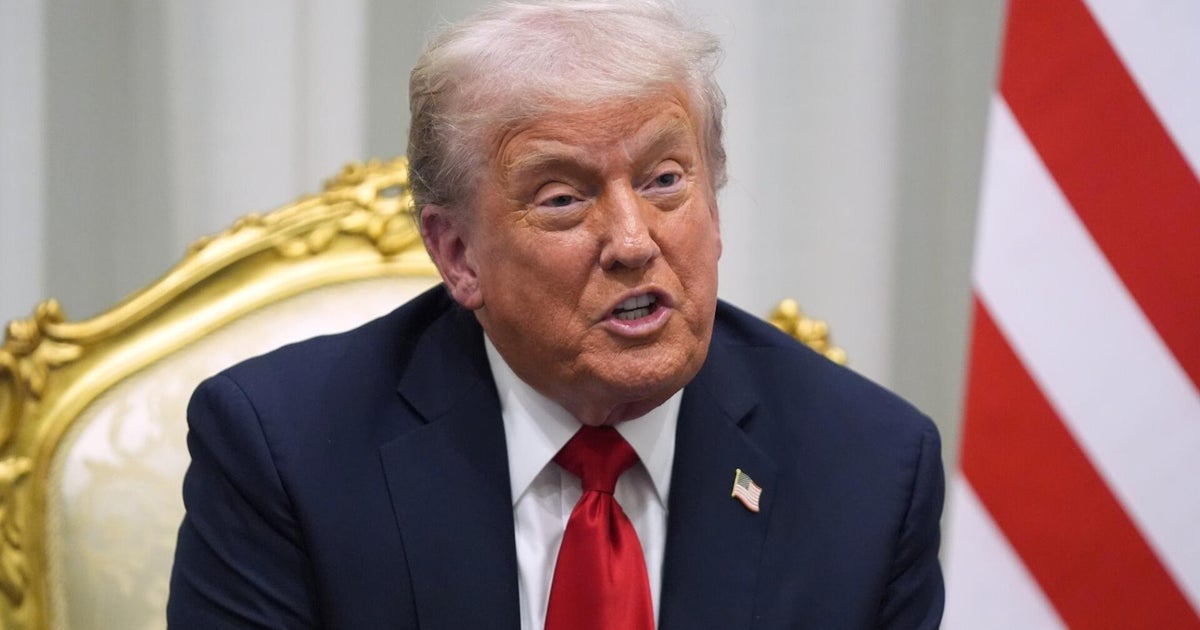



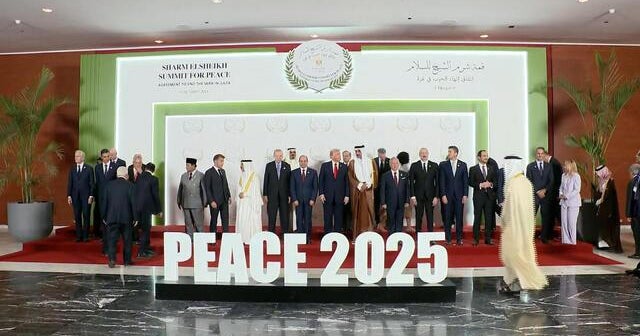

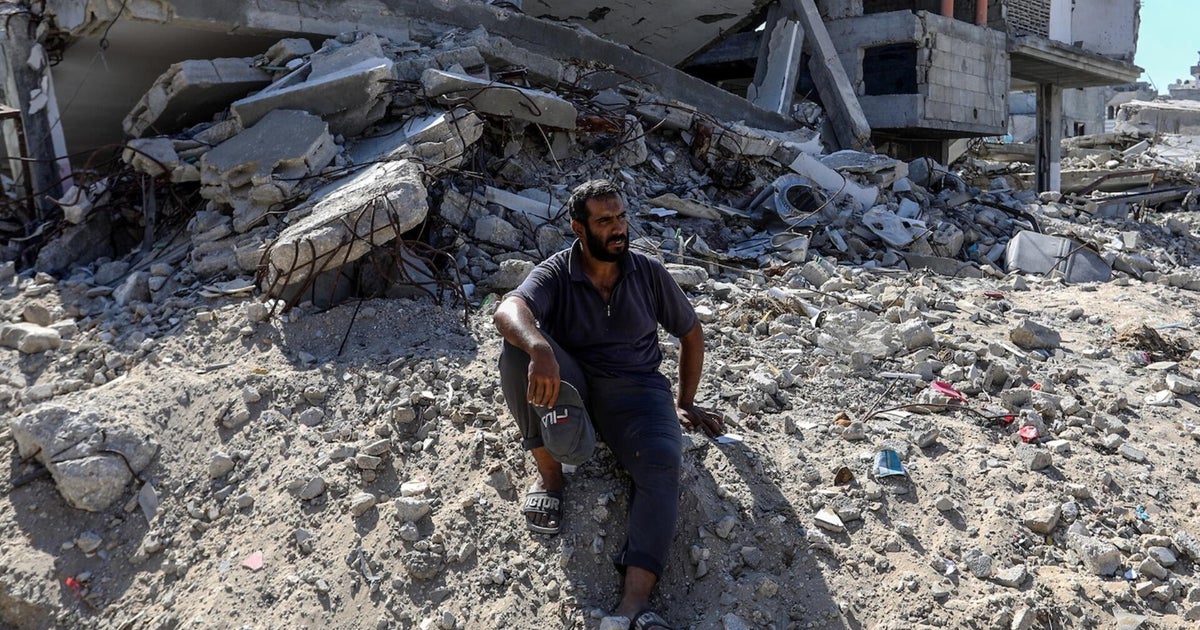
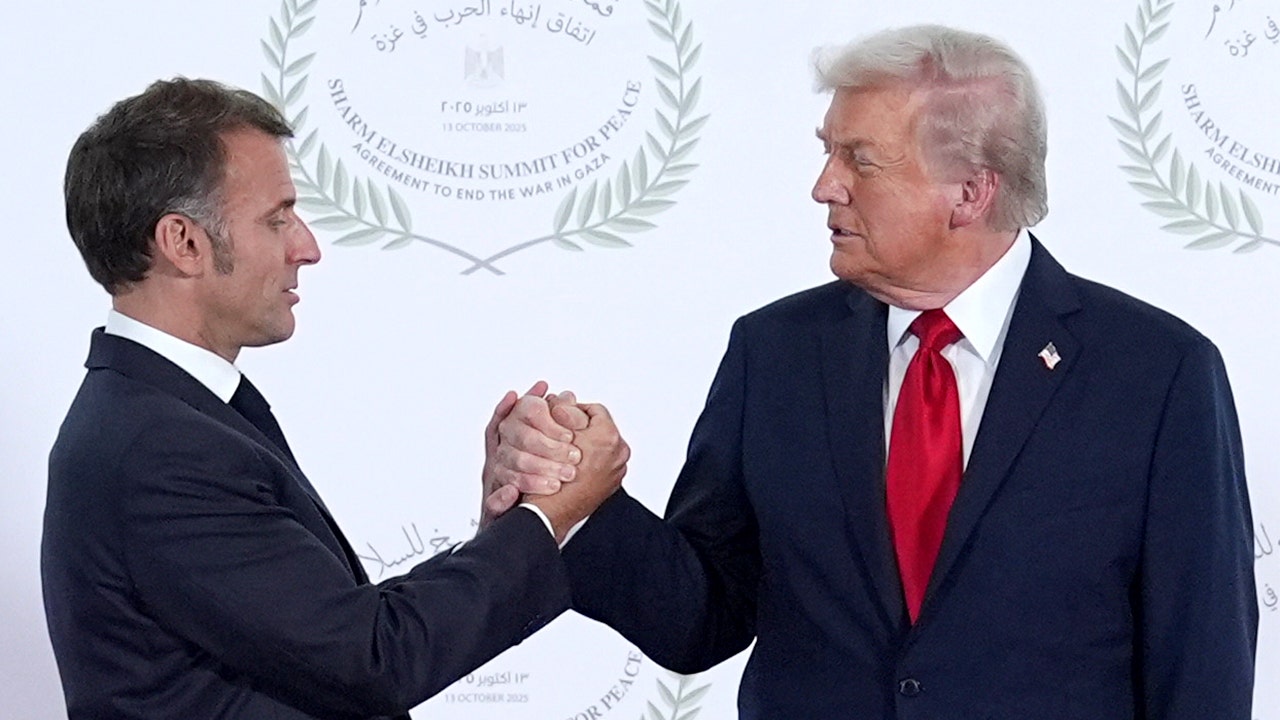
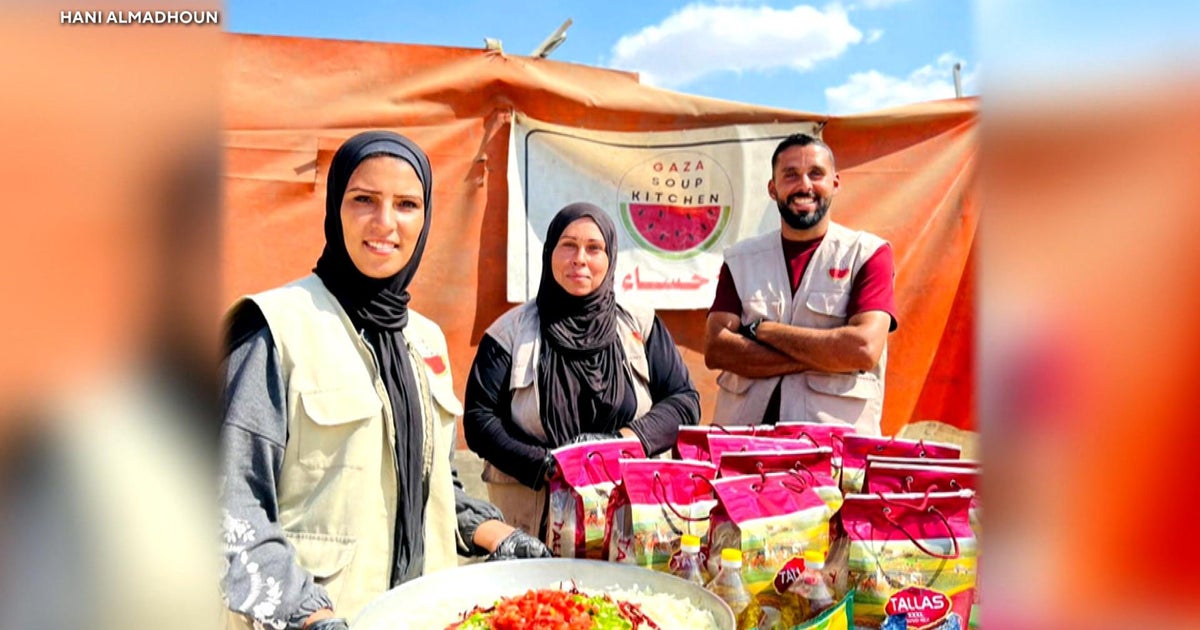

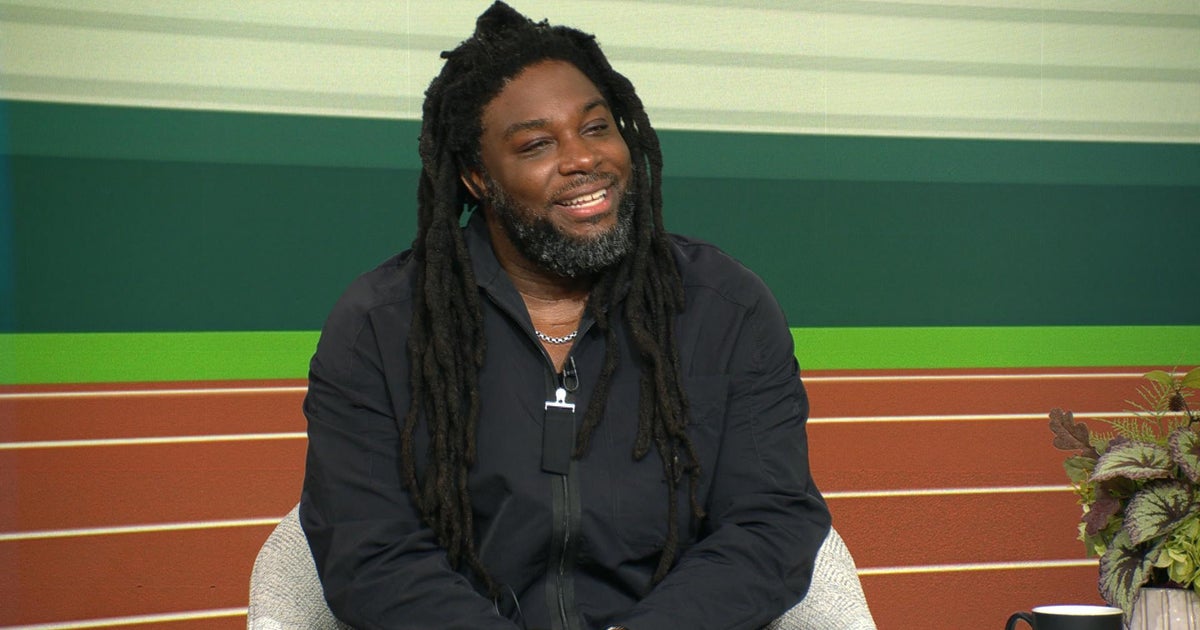



.jpeg)













 English (US) ·
English (US) ·